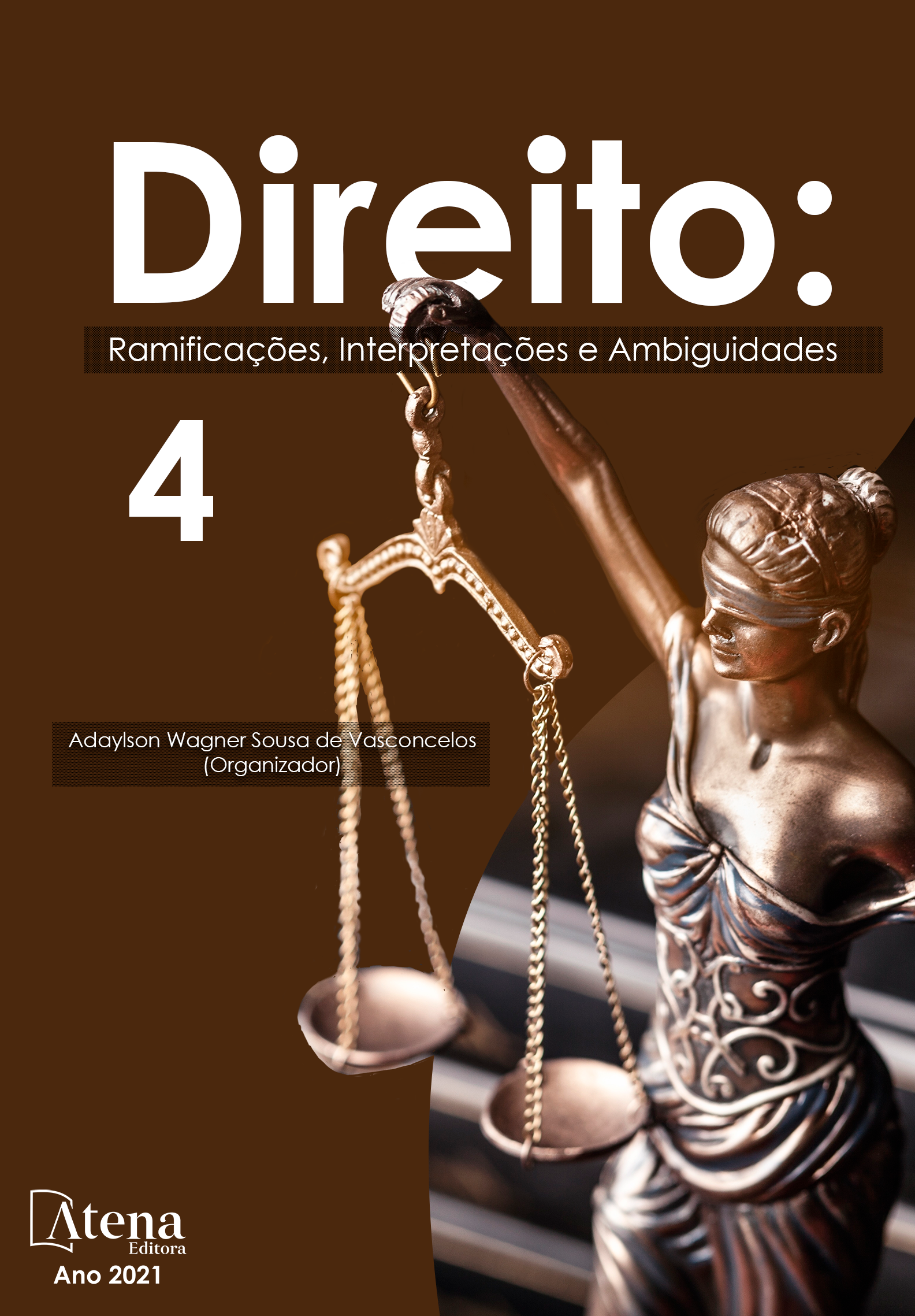
POLÍTICAS AFIRMATIVAS E A LUTA DA MULHER NEGRA PELO DIREITO À EDUCAÇÃO SUPERIOR
O presente trabalho conta com financiamento da CAPES e apresenta os resultados preliminares de pesquisa realizada no mestrado em educação da Universidade Federal da Grande Dourados, com o objetivo de identificar o acesso de mulheres negras à educação superior no Brasil. Existe a necessidade ao falar de políticas afirmativas e relações étnico-raciais, que se faça um recorte de gênero, para que possamos identificar como as políticas públicas alcançam as mulheres negras no que tange a garantir o direito de ingressar à educação superior. Henriques (2017) após analisar a luta das trabalhadoras negras pelo direito ao acesso à educação formal aponta, que somente depois de dez anos de instauradas as políticas afirmativas e de reivindicações do Movimento Negro. O governo federal por meio da Lei 12.711/12 implementou oficialmente a política de cotas nas Universidades Federais, reservando, assim 50% das vagas para autodeclarados/as pretos/as e pardos/as nessas instituições. Mesmo com a democratização do acesso à educação superior no Brasil, as mulheres negras pouco avançaram nesse nível ensino. É importante salientar que mesmo com esse aumento a maioria da população matriculada é branca com 63,4% dos matriculados. Existem poucas pesquisas que tratam especificamente da mulher negra na educação superior, em especial como ocorre não só o acesso, mas também a permanência e o êxito acadêmico.
POLÍTICAS AFIRMATIVAS E A LUTA DA MULHER NEGRA PELO DIREITO À EDUCAÇÃO SUPERIOR
-
DOI: 10.22533/at.ed.8302108037
-
Palavras-chave: Políticas afirmativas; Educação Superior; Mulher Negra;
-
Keywords: Affirmative policies; Higher Education; Black Women;
-
Abstract:
This work is funded by CAPES and presents the preliminary results of research carried out in the master's degree in education at the Universidade Federal da Grande Dourados, with the objective of identifying the access of black women to higher education in Brazil. There is a need, when talking about affirmative policies and ethnic-racial relations, to make a gender cut, so that we can identify how public policies reach black women in terms of guaranteeing the right to enter higher education. Henriques (2017), after analyzing the struggle of black workers for the right to access formal education, points out that only after ten years of affirmative actions and struggles of the Black Movements were instituted that the federal government through Law 12.711 / 12 officially implemented the quota policy at Federal Universities, thus reserving 50% of the places for self-declared blacks and browns in these institutions. Even with the democratization of access to higher education in Brazil, black women have made little progress in this level of education. It is important to note that even with this increase, most of the enrolled population is white, with 63.4% of those enrolled. There is little research that specifically deals with black women in higher education, especially as there is not only access, but also permanence and academic success.
-
Número de páginas: 13
- ÁTILA MARIA DO NASCIMENTO CORRÊA
- AMANDA DE SIQUEIRA MARQUES
- Eugenia Portela de Siqueira Marques


